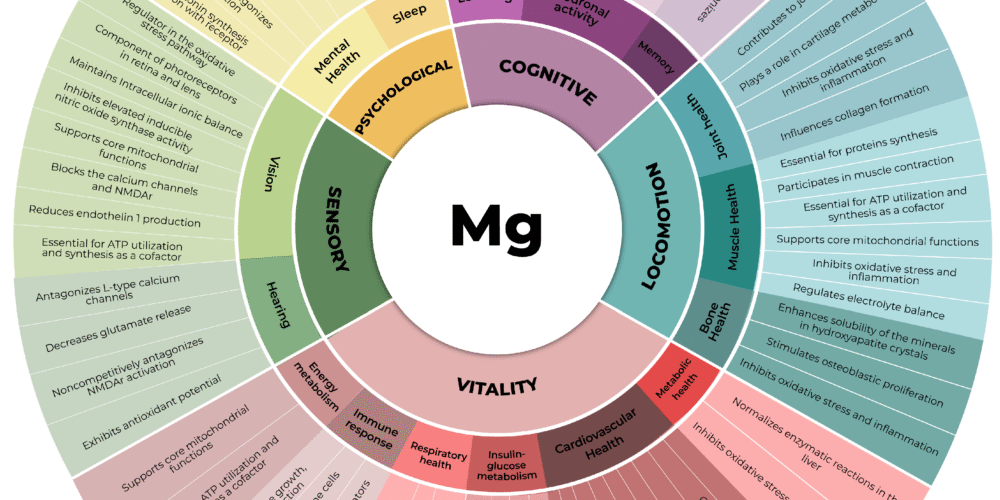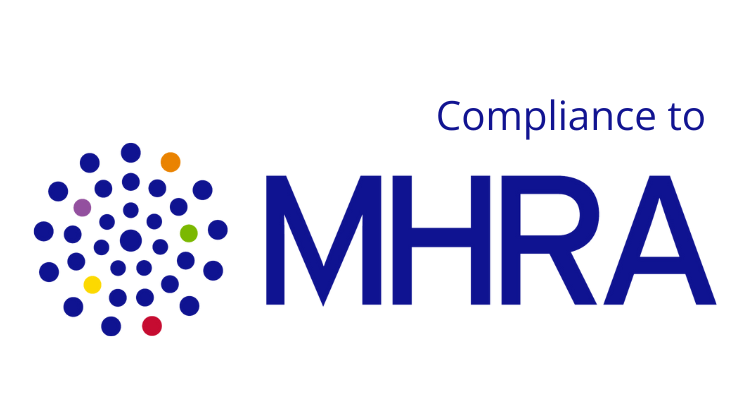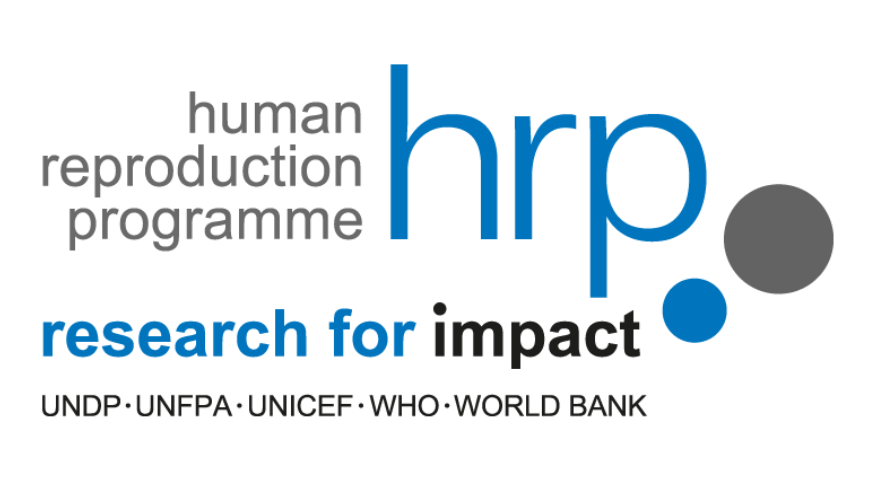
Hair Mineral Analysis UK – What It Shows and When to Consider It
Marylebone Diagnostic Centre, London
Introduction
Minerals play a key role in your health. They support your hormones, immunity, digestion, skin, and energy levels.
A hair mineral analysis can help reveal long-term mineral patterns in the body. It measures minerals stored in the hair structure over several months.
At Marylebone Diagnostic Centre (MDC) in London, we offer hair mineral analysis as part of our preventive and performance testing packages.
What Hair Mineral Testing Shows
Hair testing can provide insight into:
- Long-term mineral status
- Potential exposure to heavy metals
- Mineral imbalances linked to fatigue
- Stress-related mineral shifts
- Nutrient absorption patterns
It is useful when looking at chronic symptoms rather than short-term changes.
Common Symptoms Linked to Mineral Imbalance
- Low energy
- Hair thinning
- Poor sleep
- Headaches
- Mood changes
- Skin issues
- Slow recovery after workouts
- Brain fog
If you are experiencing these symptoms, testing can help identify why.
Hair vs Blood Testing
Hair shows long-term trends.
Blood tests show current levels.
For the clearest picture, MDC offers combined hair + blood mineral testing.
This helps identify:
- Active deficiencies
- Stored mineral patterns
- Inflammation and stress markers
Turnaround Time
- Hair mineral analysis: typically up to 10 – 14 days
All results are interpreted by a clinician.
Who Benefits Most?
This test is helpful for:
- Athletes
- People with chronic fatigue
- Women with hair thinning
- Individuals after illness
- Those with high stress
- People exploring functional health
How MDC Supports You
- Clinician-led testing
- QC-validated accuracy
- Clear interpretation
- Personalised nutrition guidance
Hair Mineral Analysis – Frequently Asked Questions
Clear, evidence-based answers from Dr Lauren Holland. Results interpreted under QC-validated lab standards.
Is hair mineral testing reliable?
It is useful when combined with blood tests for the most accurate assessment. Hair reflects longer-term mineral patterns; blood shows your current status.
Does bleaching or dye affect results?
Yes – inform us during your appointment. Chemical treatments can alter external mineral content; our clinicians will factor this into collection and interpretation.
What can a hair mineral analysis reveal?
It can indicate longer-term trends in minerals (e.g., magnesium, zinc) and possible exposure to heavy metals. It helps explain fatigue, cramps, skin or hair changes when viewed alongside symptoms and blood results.
Who should consider hair mineral testing?
Those with persistent fatigue, stress, cramps, brittle hair, slow recovery after illness or training, or suspected heavy-metal exposure. It is also helpful in functional and preventive health reviews.
How is the sample collected and how much hair do you need?
We take a small pinch of hair (about a teaspoon volume) cut close to the scalp from several spots at the back of the head. Clean, dry hair is best. Body hair can be used if scalp hair is unavailable.
Do I need to prepare before testing?
Yes. Wash hair 24–48 hours before the appointment, avoid conditioners, leave-in products, sprays, or oils, and do not swim in chlorinated pools in the 3–5 days prior. Tell us about any recent colouring or bleaching.
How do hair and blood tests differ for minerals?
Hair reflects cumulative exposure and storage over weeks to months; blood reflects current circulating levels. Combining both offers the clearest clinical picture.
Can this test diagnose a medical condition?
No. Hair testing cannot diagnose disease. It highlights patterns that guide further assessment. Diagnosis relies on clinical review, history, examination, and appropriate blood or imaging tests.
How long do results take and how will I receive them?
Blood mineral results are available within 24–42 hours. Hair mineral analysis typically returns in 10–14 days. A clinician explains your results and next steps clearly.
How often should I repeat hair mineral testing?
Every 3–6 months if you are correcting a deficiency or changing diet/supplements; annually for routine monitoring. Re-testing should align with your clinician’s plan.
Clinical guidance is provided by Dr Lauren Holland. For personalised advice, please book a consultation.
Book Your Mineral Assessment Today
📍 73 Baker Street, London W1U 6RD
📞 +44 7495 970109
🕗 Monday–Saturday | 08:00 – 16:00
















